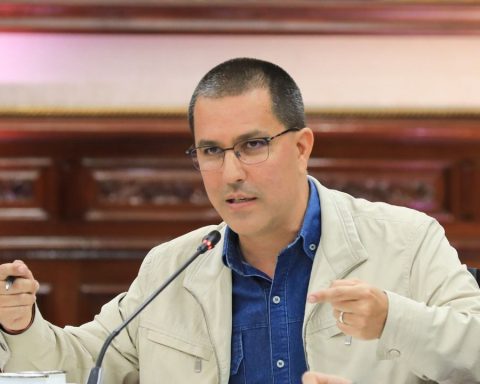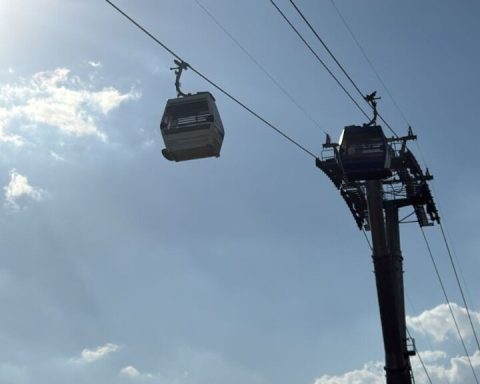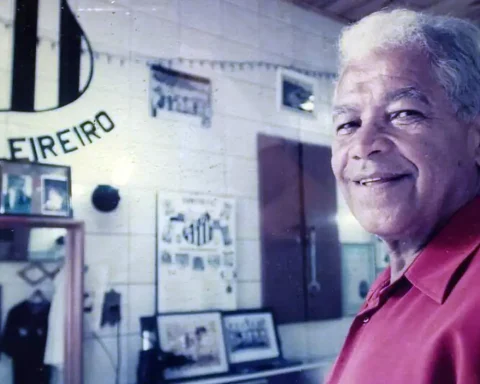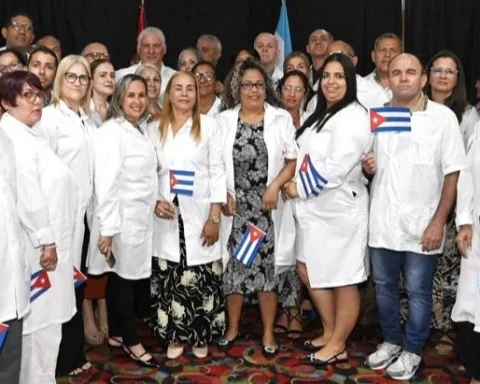Colombian authorities require a civil liability policy valid in the neighboring country, but Venezuelan carriers say that no insurer sells this product. In Cúcuta they report that “a bank” sells them at prices in dollars
Six months after the opening of the border between Colombia and Venezuela, which opened new commercial horizons for all sectors, there is still no real solution to the issue of contractual policies that allow Venezuelan public transport vehicles to legally enter the Colombian territory.
On the Venezuelan border, the drivers of the transportation lines feel in limbo because there is no Colombian or Venezuelan company that sells them the civil liability policy required of public passenger service carriers by the Colombian state.
Freddy Solano, vice president of the Táchira State Chamber of Transportation, indicated that on May 23, the Cúcuta Metropolitan Area sent a letter to the Transit secretariats informing them that “no collective or individual border public transport vehicle” was authorized to circulate in the area.
In the document they clarify that this is due to the fact that none of the companies have delivered to the offices of that entity, the requirements established in the ABC instructions for border opening, disclosed in the work tables, as well as the specific requirements of the Ministry of Transportation Colombian.
Consequently, the rules of the game changed because before that communication, the agreement was that Venezuelan taxis and units per post could enter Colombia with passengers, but they had to return empty.
This rule allowed them to provide the service with some freedom until they could normalize their traffic and be solvent with the requirements, explains a note from the Colombian portal The opinion.
The spokesman for the cross-border transportation lines said that before the border was closed, in 2015, when Venezuela belonged to the Andean National Community (CAN), the same policies they acquired in that country were valid for the rest of the nations integrated into the subregional pact.
However, when this situation changed, Colombia included among its requirements that companies must acquire them to provide the service at the border. “We have never opposed buying that policy, but the problem is that Colombia is demanding something that it is not selling,” Solano said.
Venezuelan carriers say that they have complied with most of the requirements, but when they go to insurers in Colombia, none offer them the contractual policy because the vehicles are not registered in the neighboring nation.
“In Venezuela we did some searches and we were waiting for confirmation. There is a Venezuelan company that could take the risk of issuing such a policy, but we do not have the answer yet,” he declared.
There will be sanctions against illegal traffic
Miguel Peñaranda, director of the Cúcuta Metropolitan Area, confirmed that there is no Venezuelan public transport line authorized to provide service in that jurisdiction because they do not have the policies for their authorization.
He clarified that this insurance allows the drivers of the vehicles to cover any damage to third parties and to the infrastructure in the event of an accident. “As long as they do not have the documents in order, they cannot enter Colombia to work,” he reiterated.
Peñaranda brought up a road incident that occurred days ago in Cúcuta, where the driver of a Venezuelan taxi ran over two cyclists and had no way of responding for not having this requirement.
“It is true, as they say, that unfortunately they have not found a company that offers them these guarantees and endorses them in the national territory, but we too, on our part, are investigating and apparently there is a bank that has a policy in dollars. that would serve them,” said the Colombian official.
The director of the metropolitan area said that the traffic police of any of the municipalities have the duty to apply the corresponding sanction if they locate any of these vehicles providing the service in Colombian territory without the proper documentation. “To date there is not a single authorized one, neither taxi nor collective.”
*Read also: Colombia and Venezuela create Neighborhood Commission to promote cooperation and integration
With information from Banking and Business
Post Views: 23















